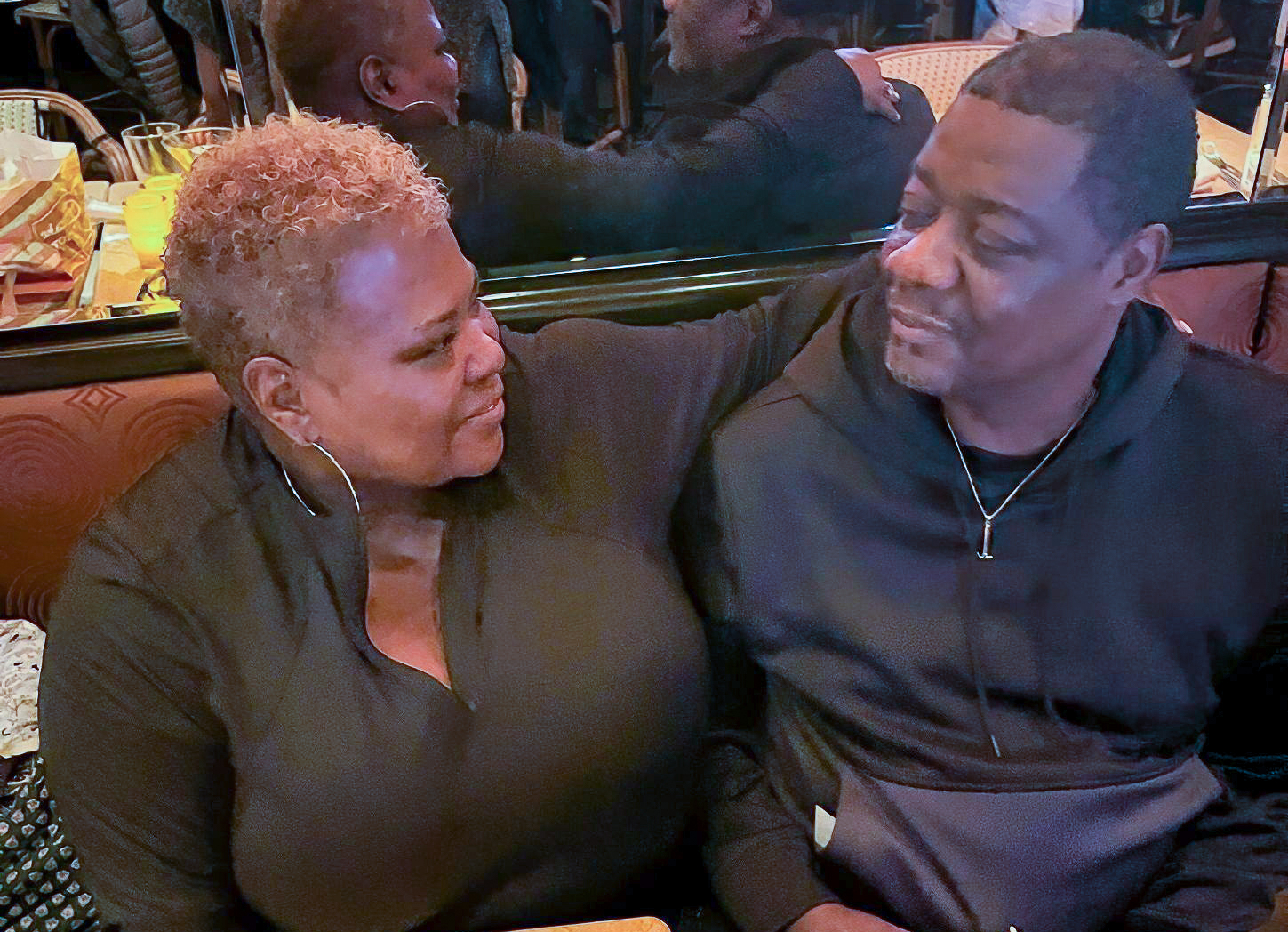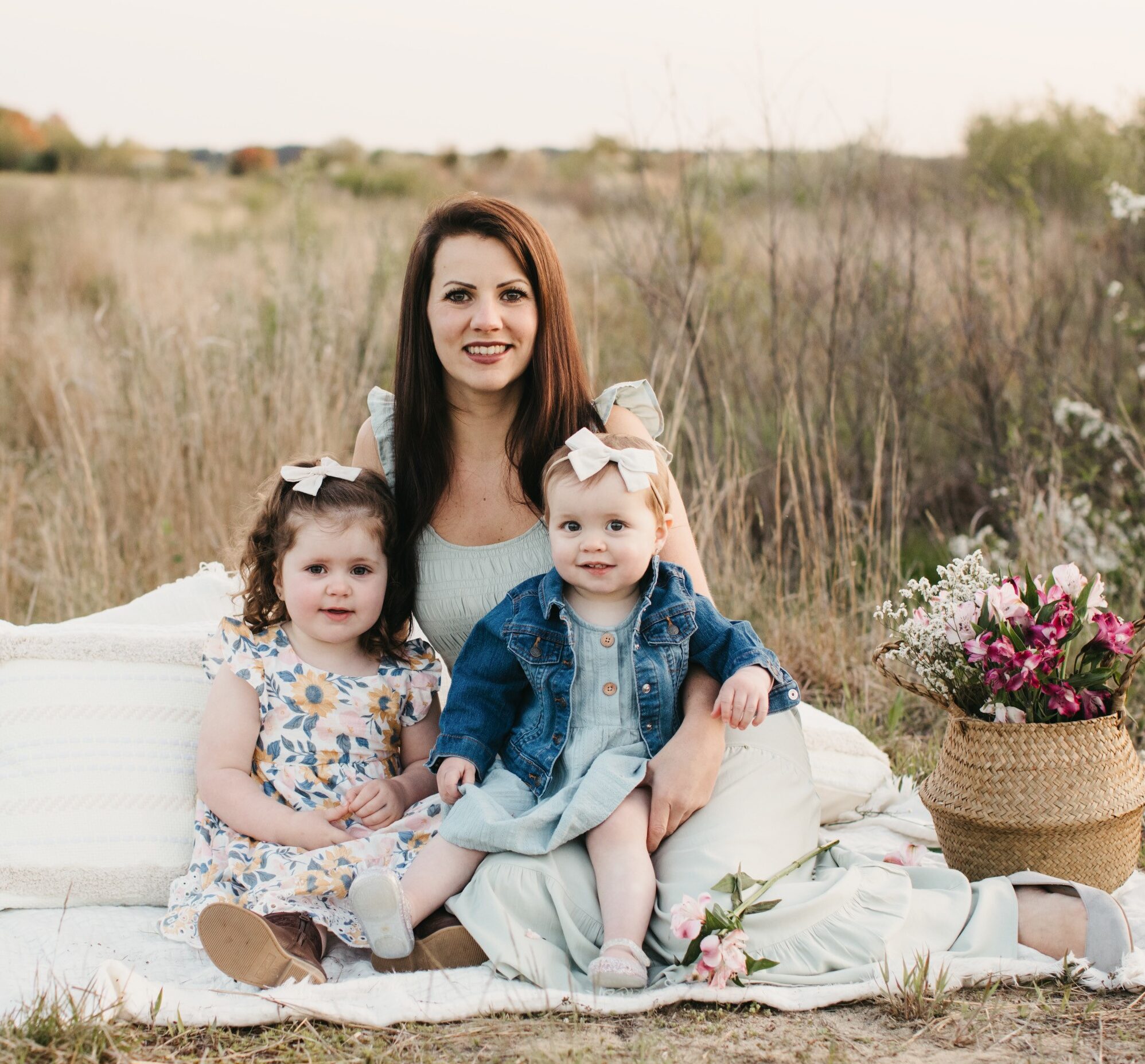One Year After a Heart Transplant, Brigham Patient Sees a Brighter Future with His Loved Ones

This story originally appeared on brighambulletin.org
One year ago, David Hale, 63, could not imagine making plans for the future.
Born with a heart defect, David has been sick for most of his life. The combination of a ventricular septal defect — a hole between the bottom two chambers of his heart, which caused a heart murmur — and a weak heart muscle took a toll on his body once he reached his 20s and 30s.
“I was doing construction, and it got to the point that I just couldn’t function,” he recalled. “I couldn’t walk very far, and I was so tired all the time.”
After decades of medications, surgeries and other interventions as his health worsened, David was approved by his Brigham care team as a candidate for a heart transplant on Feb. 8, 2012. But the call that a donor organ was available seemed like it would never come, even as his condition continued to decline.
“I got to the point where I thought it wasn’t going to happen,” he said. “It was like I had no plans for tomorrow. I was living just a moment at a time.”
Exactly 10 years to the day after he was listed for a heart transplant, David received the call he had been waiting for — a donor heart was available — and received the gift of life through a heart transplantation at the Brigham on Feb. 8, 2022.
“It’s like life just started all over,” David said, reflecting on the first anniversary of his transplant. “It’s a blessing, but it’s not an easy blessing. You see so many people go through so much trouble, and knowing the donor had to die for you to live — you’ve got to work hard, but it’s worth it. I got a chance to see my granddaughter walk.”
‘It Makes My Heart Smile’
Their family’s experience gave his wife of 33 years, Rosemary, a whole new appreciation for her work as a platelet pheresis technician in the Kraft Family Blood Donor Center, which collects blood and platelet donations to support patients at the Brigham and Dana-Farber Cancer Institute.
Throughout his life, David required multiple blood transfusions as he underwent various procedures and treatments related to his illness. During one surgery, he received over 10 pints of blood.
“I’ve been working in blood services for 35 years, and even when you take blood from someone every day, you don’t see where it goes,” Rosemary said. “When he would receive a transfusion, I would always look at it and wonder, did I take it?”
She tears up when reflecting on the profound difference blood donors have made for their family.
“It just made me love my job more,” she said. “When someone comes in to donate blood or platelets, it makes my heart smile. I don’t know if they realize how important they are. Sometimes, I would love to get out in my community and shout, ‘Please donate blood!’ It makes me emotional because if it wasn’t for donors, he wouldn’t be sitting here today.”
Road to Recovery
When David’s health began worsening in his 30s, he underwent surgery in Connecticut to repair the hole in his heart — a condition that places stress on the heart and can cause heart failure.
While that first procedure brought some improvement, it also meant he had a number of medications to keep track of, and eventually his symptoms returned. After moving to Boston with his family, he began receiving care at the Brigham, where experts continued to monitor his health and, ultimately, recommended he undergo evaluation for a heart transplant.
“It was a total shock,” David said of that revelation.
In addition to the new uncertainty about his health, becoming a transplant candidate reshaped their lives in other ways. Because donor organs must be transplanted quickly to remain viable, David needed to be within a short driving distance to the hospital and notify the team in advance if he needed to travel.
Eventually, his care team recommended he receive a left ventricular assist device (LVAD), an implanted mechanical pump that supports heart function and blood flow in patients with heart failure. For some patients, including David, LVADs are considered a “bridge to transplant,” keeping the heart functional until a donor organ becomes available. A multidisciplinary team led by Hari Mallidi, MD, FRCSC, clinical director of the Cardiac Surgery Service in the Heart and Vascular Center, performed the procedure in 2018.
Again, the procedure improved his quality of life in many ways and brought new challenges as well.
“Our lives changed. He had to plug in at night, unplug during the day and walk around with a battery pack all day,” Rosemary explained, referring to the external power components that LVAD patients must keep charged at all times for the device to function. They lived in fear of a power outage striking their home.
After experiencing an infection at the LVAD site, David’s health declined again — to the point that he was moved to a higher-priority position on the transplant waiting list. A multidisciplinary team led by Akinobu Itoh, MD, PhD, surgical director of Heart Transplantation and Mechanical and Circulatory Support, performed the transplant last year.
Today, David continues to build his strength. Everyday activities, such as cooking a meal or taking a walk through the neighborhood, give him great satisfaction. And after years of staying tethered to Boston as they awaited that fateful call, David and Rosemary have booked their first vacation together in a decade, with plans to visit family in New Orleans this summer.
“It’s nice to just get out of the house, drive and not have people worried about me being by myself,” said David, who is also planning a solo trip to Oregon to visit his brother. “One day, it dawned on me that there are no tubes, no bells, no alarms going off. There was always something around the corner I had to worry about. It’s been a relief to leave all of that behind.”
His cardiologist, Garrick Stewart, MD, of the Division of Cardiovascular Medicine, said it has been rewarding to see David and Rosemary enjoy their happily ever after, particularly after so many ups and downs.
“He’s resilient and has tremendous support at home with his wife,” Stewart said. “Despite being sick enough to be on the heart transplant waiting list for a decade, he persevered.”
And as Valentine’s Day approached this month, Rosemary said she could not imagine a more beautiful gift than what David’s lifesaving transplant has given their family.
“He’s the love of my life,” she said.

Help Us Beat Heart Disease
Support groundbreaking work to improve heart disease prevention and treatment.